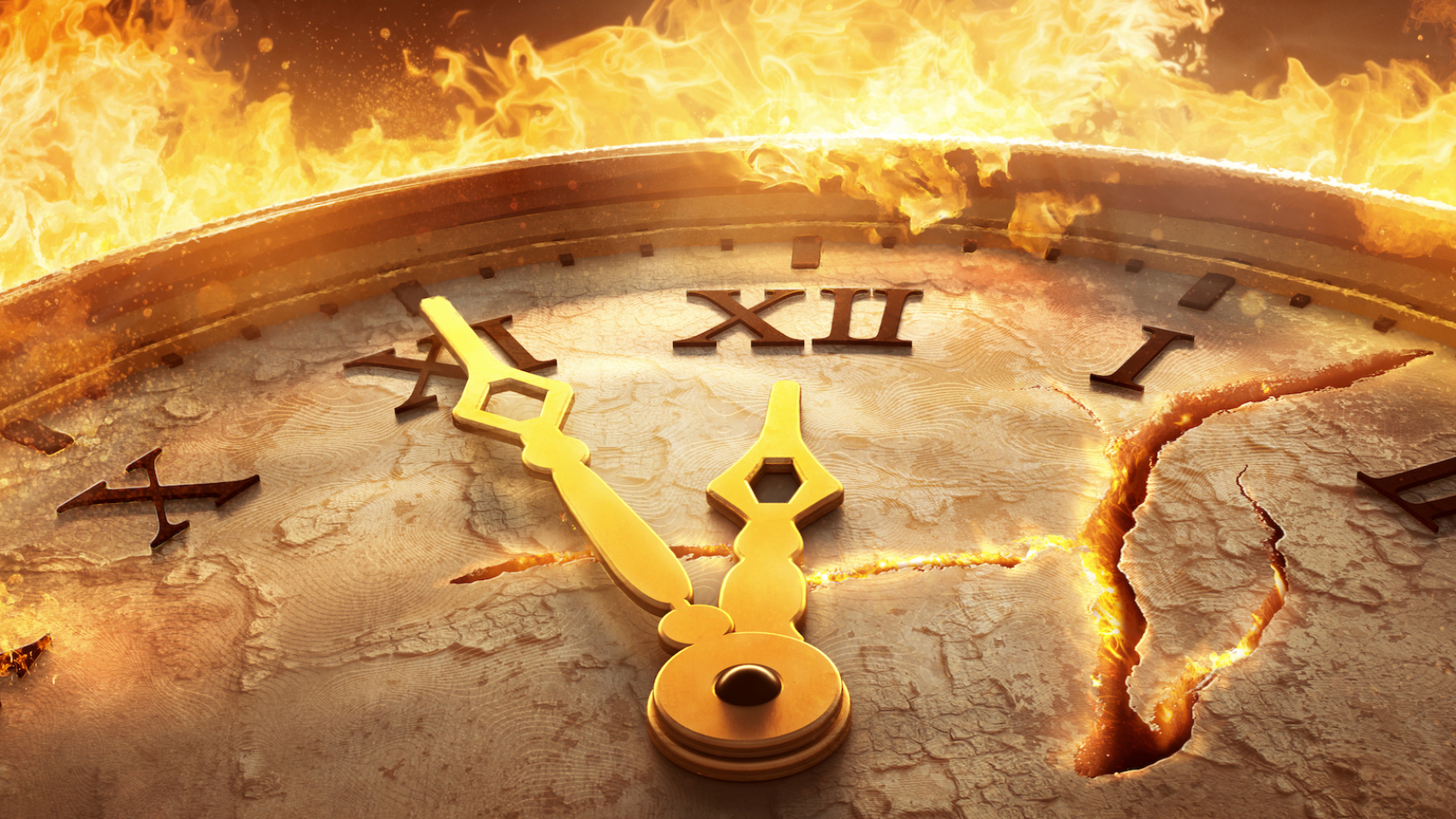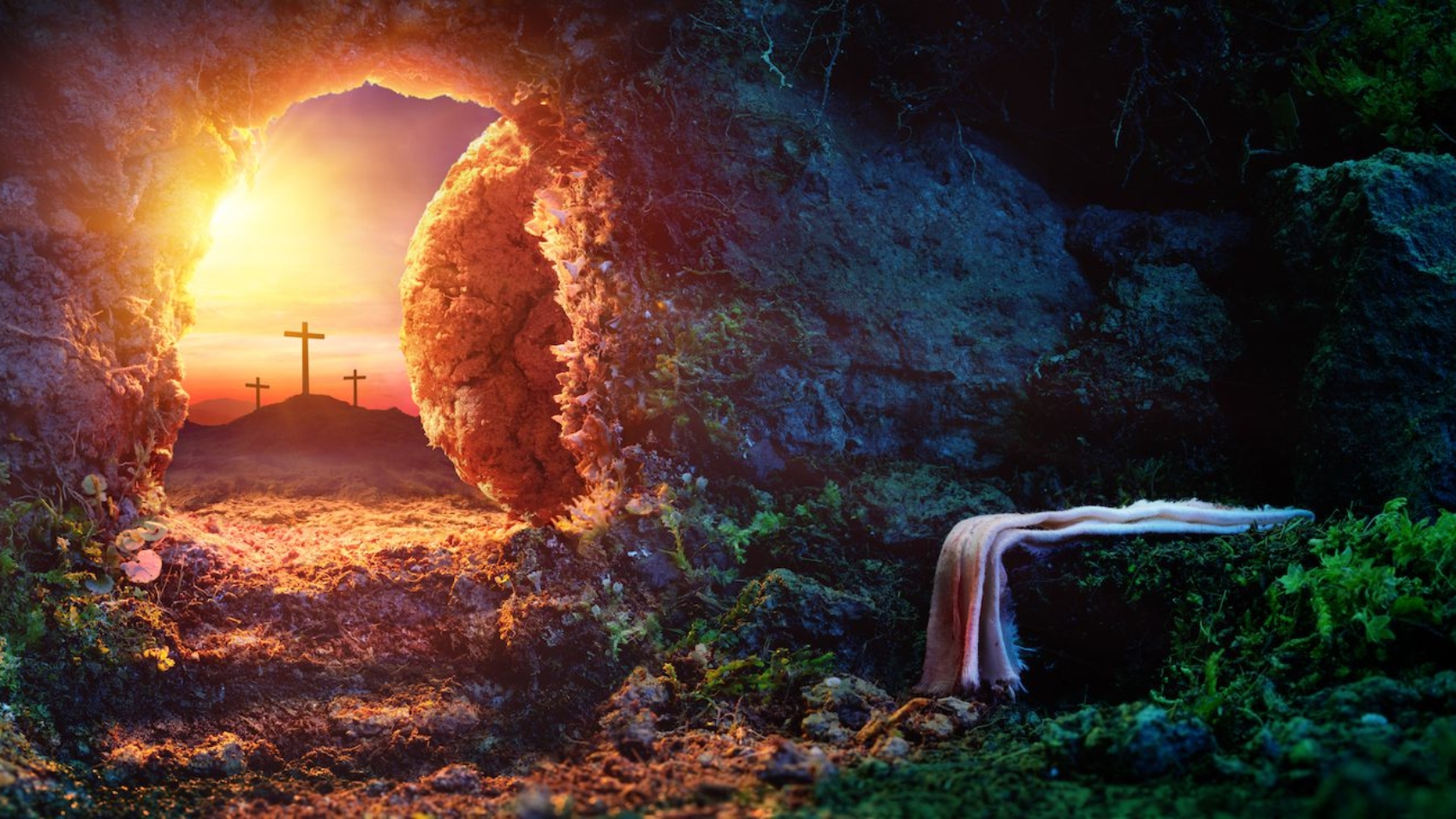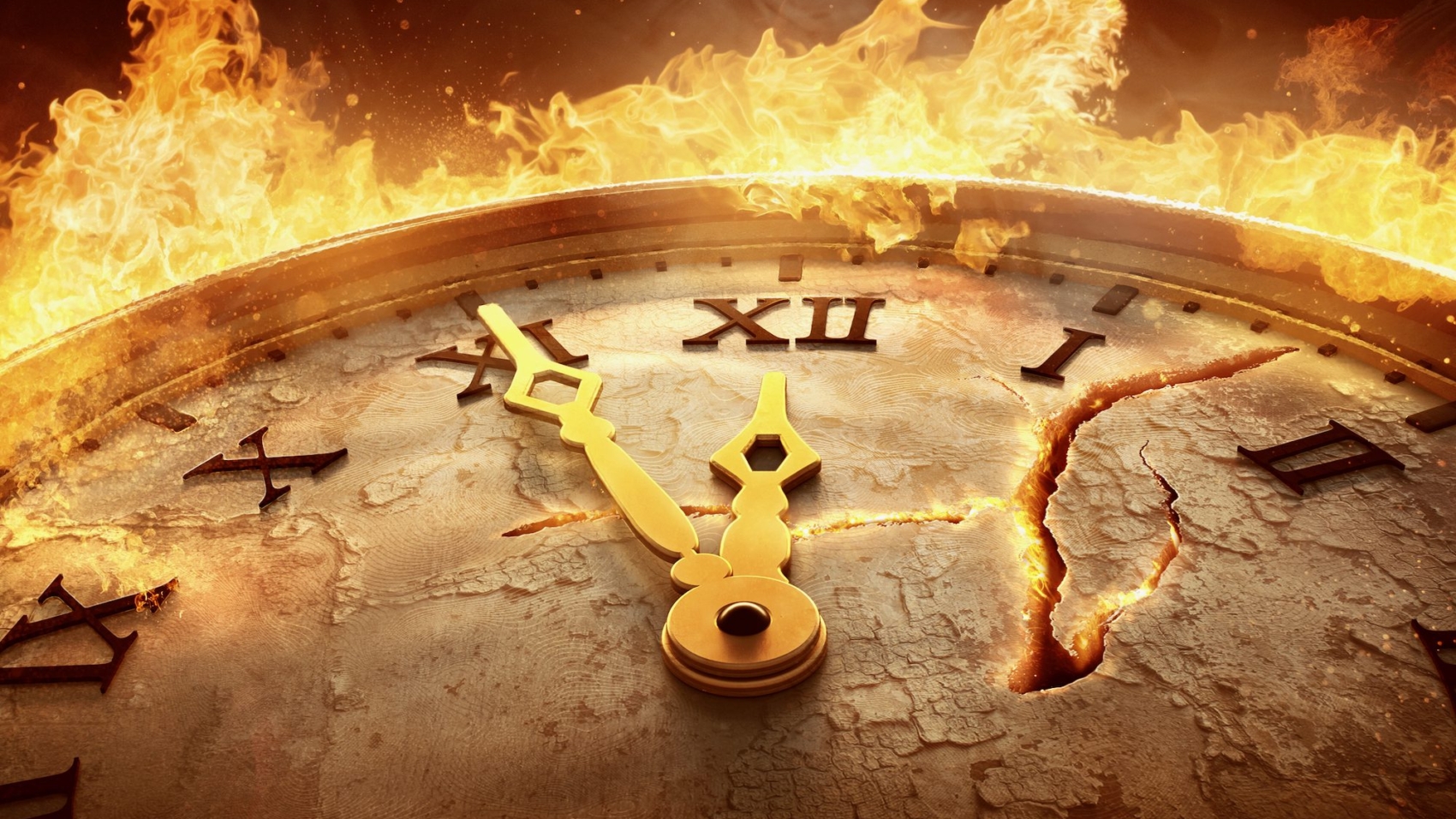It would take naivety and innocence to affirm that political leaders will somehow find answers to all this chaos.
Likewise, just as it happened in the days of Lot: they ate, they drank, they bought, they sold, they planted, they built; but on the day that Lot went out of Sodom, it rained fire and brimstone from heaven and destroyed them all. Even so will it be on the day when the Son of Man is revealed. Luke 17:28-30
On several occasions, Yeshua declared that prior to His return, the situation would be similar to the days preceding the Flood and the punishment of Sodom and Gomorrah. And what were those conditions? Nothing more and nothing less than the ones we are witnessing. Let’s see:
- Abortions – equivalent to the sacrifices of children offered to demons, disregarding the life given by the Creator.
- Greed – Insatiable desire for material things. At present, almost all activities in life revolve around buying and selling some product. Humanity is insatiable and is not ashamed of it.
- Unions outside of marriage – Fornication – Adultery. Relationships have been degraded to the purely physical level, and in the best cases, marriage is just a social activity without any commitment.
- Excesses in food and drink – Today, the proliferation of exotic and unhealthy foods leads to gluttony and dependence on them; the same happens with drinks, and poor health is the consequence of these excesses.
- Industrial food production – Through genetically manipulated seeds, a few companies produce food for humanity because most people are clustered in cities, disconnected from Creation and its Creator.
- Unprecedented construction – as a response to the needs of the crowds crowded in urban centers.
Faced with all of the above, you don’t need to be a scientist or a prophet to identify the current conditions. Just open your eyes and look around. Of course, we haven’t mentioned all the other situations that are also already present: frequent earthquakes, diseases due to people’s blind trust in official health systems, pollution of our planet, complete imbalance in the delicate system created by YeHoVaH… etc.
So, ask yourself if you truly believe that this will improve through a political party or a human leader. If your answer is negative, ask yourself this other question: how long will this situation last? It would take naivety and innocence to affirm that political leaders will somehow find answers to all this chaos. No. The situation will worsen because it’s foreseen to.
Yeshua warned us in advance that this would happen; moreover, He encouraged us to lift our faces because when this is being fulfilled, it means our liberation is near. It is planned that these things will happen before His return to establish a real kingdom of justice and peace.
There’s no room for fear because we have hope in the promises of our Eternal Father YeHoVaH, who will intervene in due time to rescue His faithful remnant who have separated themselves from the contaminated system and placed their trust in Him. It’s time to align your daily life with His commandments. If you haven’t done so yet, what are you waiting for?










